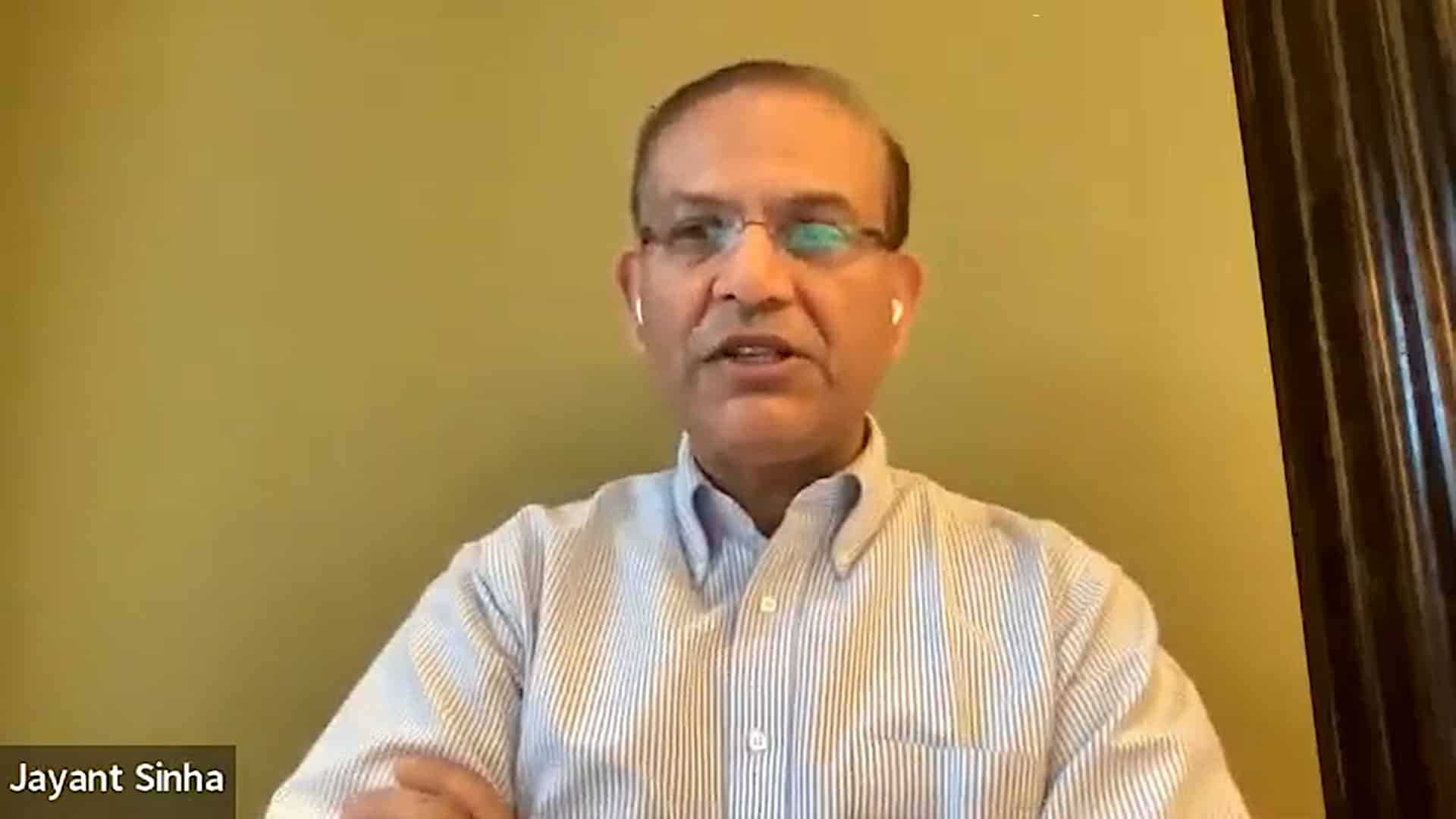Business
Net Zero is Net Positive for the Global South, says Shri Jayant Sinha
Shri Jayant Sinha, Chairperson of the Parliamentary Standing Committee on Finance, addressed Limited Partners and investors at an exclusive event in Mumbai, the IVCA Maximum India Conclave (MIC) – Curtain Raiser. He highlighted India’s role in creating a global climate alliance to accelerate climate action.
In his address, Sinha spoke about the initiatives that have been proposed and are being considered by the government, including as part of the plan for the G20. He noted that greater climate investments would greatly benefit the Global North, Global South, and the planet, saying that “net zero is net positive for the Global South.” He observed that solar energy could be a third crop for Indian farmers and, saying that the time for incrementalism regarding addressing climate change is gone, he urged the members of the PE-VC industry to engage with the idea of climate investing.
He discussed that the vast opportunity presented by climate financing for the PE-VC industry: “We also, at the same time, need to do two important things from an enabling point of view – one, is we need to get global standards on what is green and what is not green and then we need to get these sectoral pathways lined up. At the same time, we need to make sure that there is enough capital flowing into these blended finance instruments so that we can really get these trillions of dollars of private sector capital flow. But we are not talking about substantially more budgetary resources. Budgetary resources from the Global North are limited and will remain limited. It’s all about mobilizing private sector capital, mobilizing effectively what you all do. So, this is going to be, I think, for the entire venture capital private equity industry the story of the next decade, which is green investing and unlocking the resources to pursue green investment. The kind of capital flows that we are going to see, I think, are really going to be much bigger than the ones that we’ve seen in the digitization, digital space.”
On climate investing being a significant way to attract global capital, Sinha said, “I am a believer in carbon trading and carbon markets, but to my mind, it’s not low-hanging fruit. I think we could put a hundred billion dollars into India and other industries where we have, enormous low-hanging fruit, but as in electric mobility, rooftop solar, solar in agricultural applications, whether it is energy conservation, we have so many opportunities where we could easily put a hundred billion dollars towards, with really high-quality commercial returns, even today.”
Climate tech is a sunrise sector in India. Despite it being a nascent and emerging sector, it is growing at a fast pace. The sector attracted ~1.2 Bn in investments between 2016 and 2020, and over the past five years, 120 climate tech startups raised over 200 funding rounds from 272 unique investors in India. In the first two quarters of 2022 alone, 70 Indian climate-focused startups raised $839 Mn over 75 transactions. Moreover, achieving India’s target of net zero emissions by 2070 can lead to the creation of ~USD 11 trillion in economic value in India. This is an unprecedented and unmissable opportunity that should be taken advantage of by Indian investors.
A veteran of Indian politics and policy-making, Shri Jayant Sinha is the Chairperson of the Parliamentary Standing Committee on Finance and the BJP Lok Sabha MP from Hazaribagh, Jharkhand. As Chairperson of the Standing Committee on Finance, Sinha leads a 31-member Parliamentary panel that has oversight of the Ministries of Finance, Corporate Affairs, Statistics & Program Implementation, and the Niti Aayog. Additionally, the panel has parliamentary responsibility for the Reserve Bank of India, the Securities & Exchange Board of India, the Insolvency & Bankruptcy Board, and the Insurance and Pension regulatory authorities. Sinha is also very active in the Parliament, having opened the debate on India’s Annual Budget on multiple occasions as well as having introduced important Private Member Bills. In the 2021 Budget session, he introduced the Climate Change (Net Zero Carbon) Private Member Bill 2021.












































